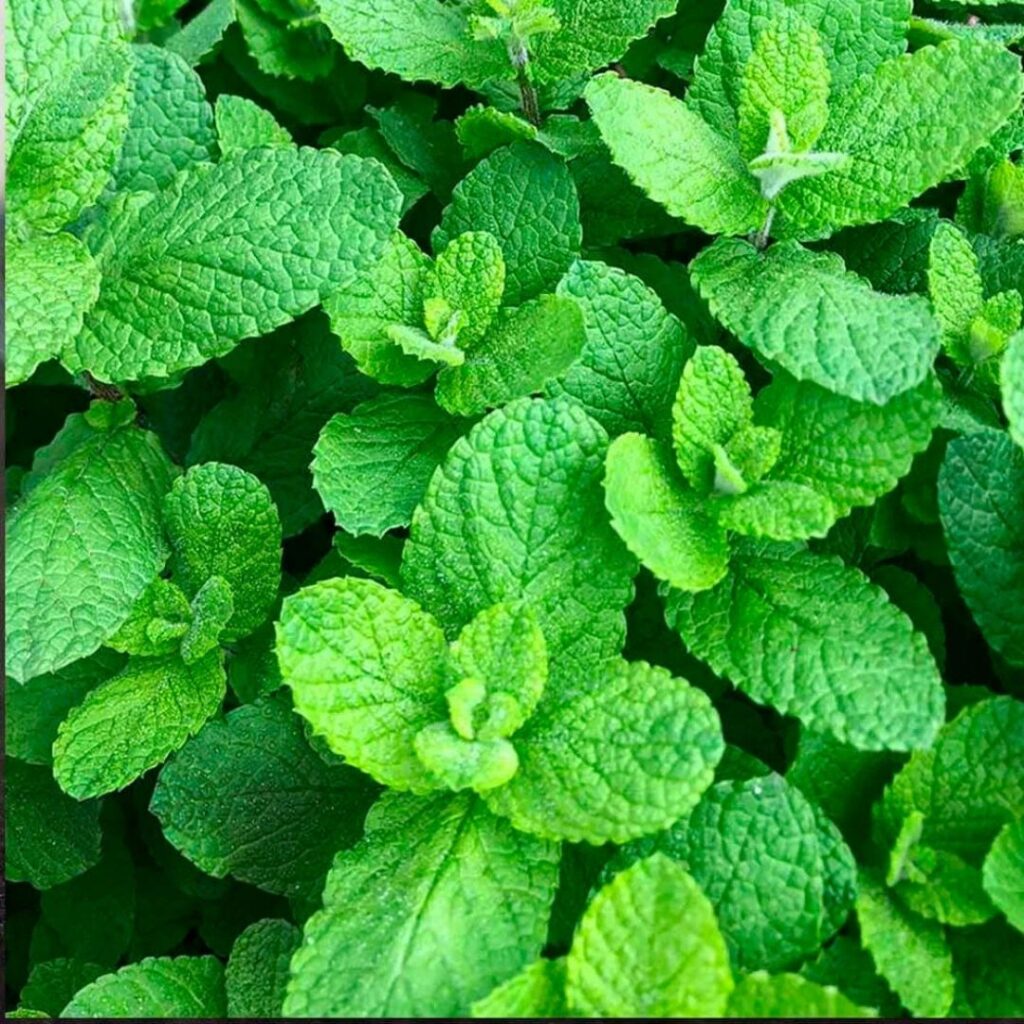
Muña

Muña, found at altitudes between 2,700 and 3,500 meters above sea level in regions like Ayacucho, Cusco, Puno, Huancavelica, and Apurímac, contains essential oils (menthol, pulegone, and isomenthone), antioxidants, and antimicrobial compounds. It supports digestive health, helps alleviate menopause symptoms, and treats respiratory conditions by soothing the airways. However, pregnant women should avoid consuming muña in large quantities due to potential effects on uterine health, and sensitive individuals may experience digestive irritation if consumed excessively.
| AREAS – MASL | RICH IN |
| 2700 – 3500 MASL -AYACUCHO – CUSCO – PUNO – HUANCAVELICA – APURÍMAC | – Essential oils (mainly menthol, pulegone, and isomenthone) – Antioxidants – Antimicrobial compounds |
| BENEFITS | CONTRAINDICATIONS |
| Muña supports digestive health, alleviates menopause symptoms, and helps treat respiratory conditions. | Pregnant women should avoid consuming muña in large quantities as it may affect uterine health. Excessive consumption may cause digestive irritation in sensitive individuals. |
RECIPE – Muña Tea
Ingredients
Instructions
- Boil the Water: Bring water to a boil and let it cool slightly before pouring over the muña leaves.
- Steep: Let the muña leaves steep in the hot water for 5-10 minutes, depending on your desired strength.
- Strain: Strain the tea to remove the leaves.
- Add Honey: Optionally, add honey and a slice of lemon for added flavor and benefits.
- Serve: Drink the tea warm, particularly in the evening to help with sleep disturbances or after meals to alleviate IBS symptoms
